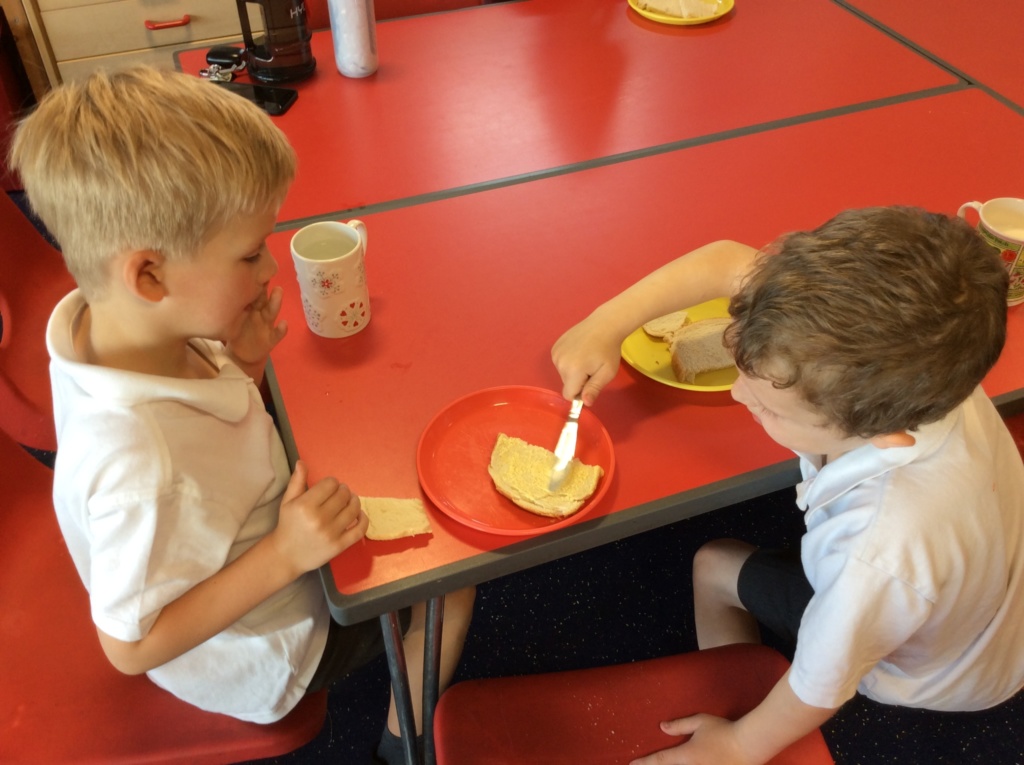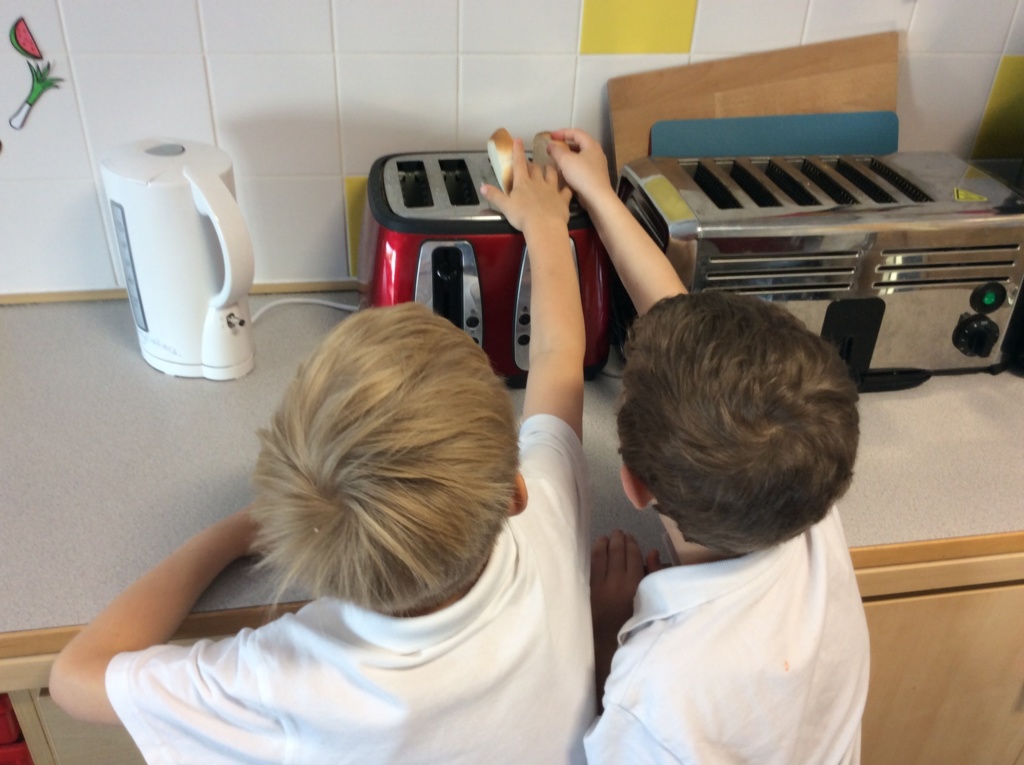
Every day at 10:15 we have a tea and toast session that runs with a small group of children who have complex needs. Every day at 10:15 these children will enjoy thirty minutes of success. Every day at 10:15 these children will have dedicated time spent supporting their social, emotional and mental health needs. Every day at 10:15 this group of amazing, unique and loving children will have eye contact with adults who care, will have positive body language demonstrated towards them and will have thirty minutes of fun and laughter. But all these things on the surface just look like a slice of toast and a warm cup of PG tips!
Increasing need for support
There is a well-documented, increasing need for social, emotional and mental health support in all schools, from Early Years settings to universities. As a mainstream primary Special Needs Co-ordinator (SENCO), I have seen a dramatic rise in the need for support in younger children in the last three years. This alarming rate of increase is shown in a variety of ways in our settings. On a daily basis there is some kind of anxiety on some level shown in every school. Challenging behaviours are present, such as school refusal, children displaying crisis meltdowns, self-harm in very young children and those children who say nothing but are suffering in silence. All of these issues bring with them the vital need to amend our provision, not just for children displaying these behaviours, but for all children in our care.
We cannot run a fully-fledged nurture group in our current setting, as there is simply not the budget for this. But our approach and rationale for tea and toast sessions is to give these children space during their day where no government-led academic demands are placed on them. In a lot of areas, particularly in terms of academic requirements, teachers’ hands are tied and they are becoming ever more frustrated for students with each school day. Teachers within my setting are some of the most caring, loving and supportive teachers that I have ever been fortunate to work with, but their ability to help is becoming ever more limited due to factors beyond their control.
Teachers are the front-line support for children who are experiencing heightened anxiety, but they also need to ensure that the individual needs of all members of their class are supported. Someone once told me it’s akin to juggling with jelly fish—eventually some will fall through your fingers.

Making the best of it
For my setting, with the help of a slice of toast and a good old -fashioned cuppa we are trying to give some children time to opt out of the crazy school day. Hidden behind the smell of freshly cooked toast and the tink of the teaspoon is a well-structured, daily event. The children who attend the sessions all have some sort of social communication need or display some anxiety-based behaviours that they communicate to us through physical behaviours, such as crying or outward signs of anxiety.
Each child has a job and a role to play in the thirty minutes. From making the toast, to laying the table or washing up, everyone is treated the same and high expectations are set that they all undertake their role within the group. When the toast is made and the tea is brewed, everyone, including the adults supporting the group, sit at the table and chat. Initially we used cards that gave sentence starters for conversations and there were times when everyone spoke at once, but over time and with consistent boundaries and expectations, everyone in the group has learned how to successfully take part in discussions and now no longer need the sentence starters, but rather form their own conversations. The increase in social skills is immense and there are plenty of ‘pleases’ and ‘thank yous’ used and positive behaviours shown to each other. We celebrate the successes that children have achieved during the day.